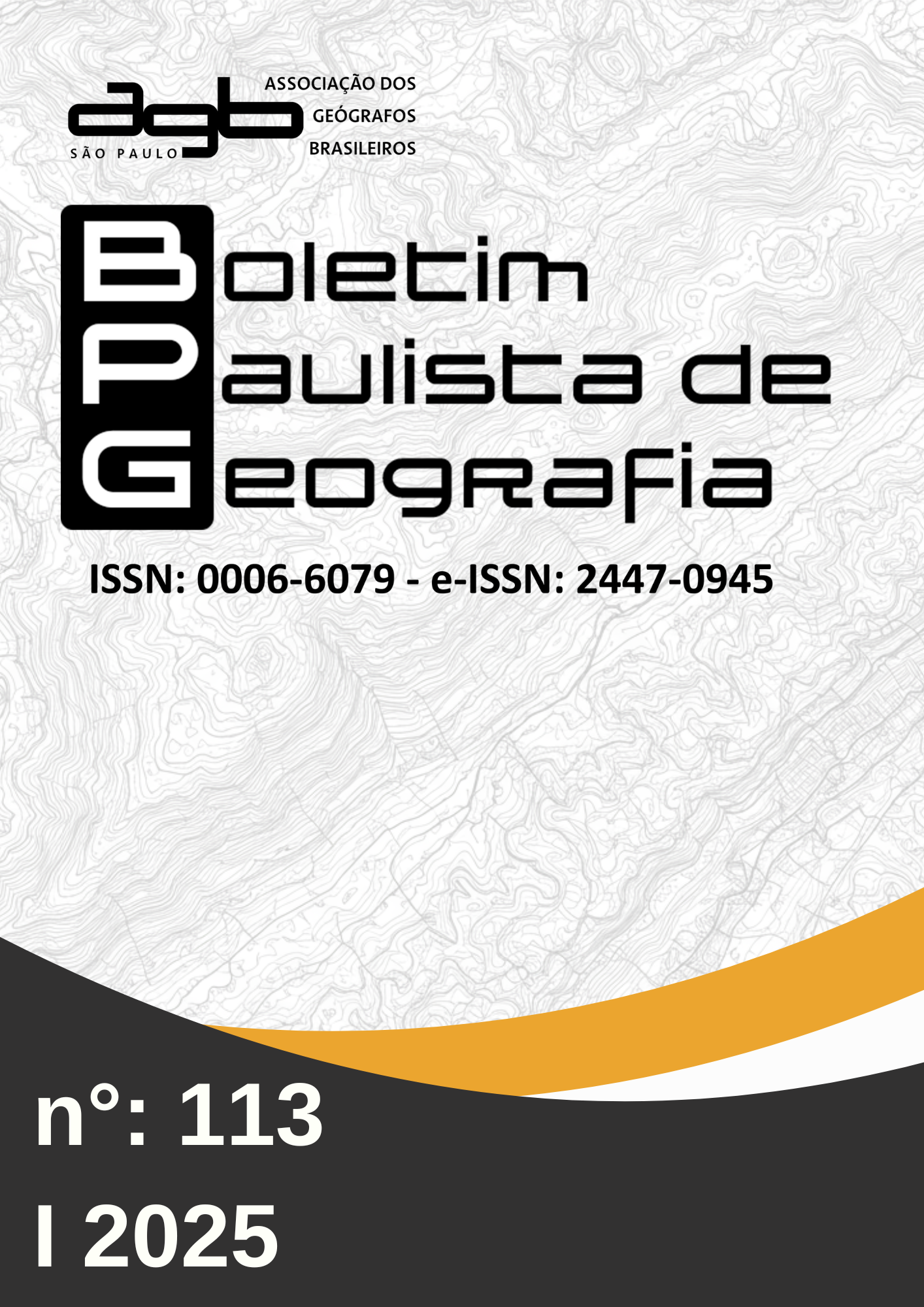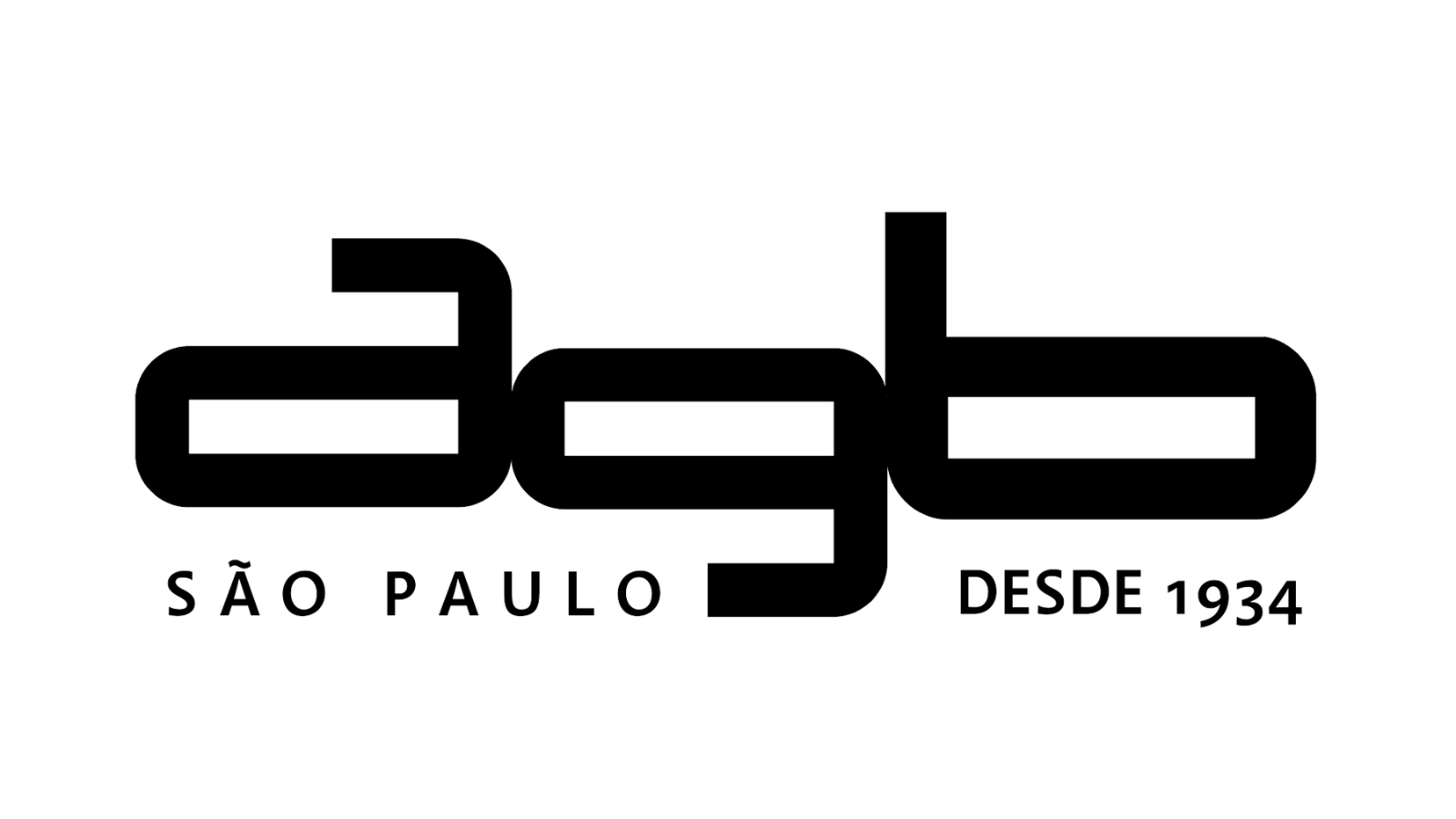The inclusion of technologies in the geography curriculum
potentialities and challenges in basic education
DOI:
https://doi.org/10.61636/bpg.v1i113.3431Keywords:
Currículo, Ensino de Geografia., TDICsAbstract
The article in question presents the potential and recurring challenges of incorporating technological tools into the teaching-learning process in Geography, given that there have been significant changes in society in recent years, such as technological evolution and its incorporation into the school environment, which is often unplanned by the teaching staff. The text takes a qualitative approach based on systematic reading on the subject and educational legislative documents such as the PNE and PCN. The work is important because of the need to discuss more intensively the advances and transformations of technologies in society that affect the educational sector, and because it presents important information for changes in the curriculum of Basic Education linked to digital tools. With this in mind, the general objective is to present how technologies are approached and included in the Geography curriculum in legal documents, and the specific objectives are: i) to discuss how technologies are included in the PNE and PCN for Geography; ii) to discuss the possibilities for including new technologies in the Geography curriculum, given the diversity of resources currently available; and iii) to characterize the challenges of including technologies in Geography teaching. Therefore, the inclusion of technologies is a great enabler of geography teaching, as it offers real-time access to information, personalization in teaching, observation and analysis of the geographical space, interactive learning, and the development of digital skills and abilities. However, there needs to be greater debate in the field of curriculum, with the aim of guiding and improving the teaching-learning process.
References
ALTHUSSER, L. Aparelhos ideológicos de Estado: nota sobre os aparelhos ideológicos de Estado. Rio de Janeiro: Edições Graal, 1985.
BRASIL. Lei nº 13.005, de 25 de junho de 2014. Aprova o Plano Nacional de Educação - PNE e dá outras providências. Brasília, DF: MEC, 2014. Disponível em: https://www.planalto.gov.br/ccivil_03/_ato2011-2014/2014/lei/l13005.htm. Acesso em: 11 jan. 2024
BRASIL. Secretaria de Educação Fundamental. Parâmetros Curriculares Nacionais: Geografia. Brasilia: MEC, 1997. Disponivel em: http://portal.mec.gov.br/index.php?option=com_content&view=article&id=12657%3Aparametros-curriculares-nacionais-5o-a-8o-series&catid=195%3Aseb-educacao-basica&Itemid=859. Acesso em: 9 jan. 2024.
CAMPOS, D. L.; SILVA, S. C. B. da. O conceito de currículo: um breve histórico das mudanças no enfoque das linhas curriculares. Revista Igapó, Amazonas, v. 3, n. 1, p. 28-39, abr. 2009. Disponível em: https://igapo.ifam.edu.br/index.php/igapo/article/view/30. Acesso em: 1 jan. 2024.
CASTELLS, E. A sociedade em rede. 6. ed. São Paulo: Paz e Terra, 1999.
CAVALCANTI, L. S. O ensino de geografia na escola. Campinas: Papirus, 2012.
KENSKI, V. M. Educação e tecnologias: o novo ritmo da informação. 8. ed. Campinas: Papirus, 2012.
LADEIRA, F. F. As tecnologias digitais da informação e comunicação no ensino de geografia: para além de visões instrumentais. Ensino em revista, [S. l.], v. 29, n. 1, p. 1-25, jun. 2022. Disponível:https://seer.ufu.br/index.php/emrevista/article/view/66137. Acesso em: 3 jan. 2024.
MARCONI, M. A.; LAKATOS, E. M. Fundamentos da metodologia científica. 5. ed. São Paulo: Atlas, 2003.
OLIVEIRA, I. J. de. As geotecnologias e o ensino de cartografia nas escolas: potencialidades e restrições. Revista brasileira de educação geográfica, Campinas, v. 7, n. 13, p. 158-172, jan./jun. 2017. Disponível em: https://revistaedugeo.com.br/revistaedugeo/article/view/491. Acesso em: 6 abr. 2024.
PISCHETOLA, M.; MIRANDA, L. T. de. A sala de aula como ecossistema: tecnologias, complexidade e novos olhares para a educação. Petrópolis: Vozes; Rio de Janeiro: Editora Puc, 2021.
PRODANOV; C. C.; FREITAS, E. C. de. Metodologia do trabalho científico: métodos e técnicas da pesquisa e do trabalho acadêmico. 2. ed. Novo Hamburgo: Feevale, 2013.
ROCHA, D. G. da; GOUVEIA, L. B.; PERES, P. Práticas pedagógicas inovadoras: novos desafios. In: ROCHA, D. G. da; OTA, M. A.; HOFFMANN, G. (org.). Aprendizagem digital: curadoria, metodologia e ferramentas para o novo contexto educacional. Porto Alegre: Penso, 2021. p. 13-28.
SANTOS, J. L. B. dos. Jogos digitais no ensino de Geografia: o histórico da educação lúdica e os desafios da atualidade. 2021. Trabalho de Conclusão Curso (Licenciatura em Geografia). Universidade Federal de Campina Grande, Campina Grande, 2021. Disponível em: http://dspace.sti.ufcg.edu.br:8080/xmlui/handle/riufcg/22760. Acesso em: 6 abr. 2024.
SAVIANI, N. Currículo: um grande desafio para o professor. Revista de educação, v. 1, n. 16, p. 34-38, dez. 2003.
SOUZA, M. A. de. Prática pedagógica: conceito, características e inquietações. In: Encontro ibero-americano de coletivos escolares e redes de professores que fazem investigação na sua escola, 4,. 2004, Porto Alegre. Anais eletrônicos [...], Porto Alegre: UFRGS, 2004.
Additional Files
Published
How to Cite
Issue
Section
License
Copyright (c) 2025 Marcos Gomes de Sousa, Alda Cristina de Ananias Araújo, Armstrong Miranda Evangelista

This work is licensed under a Creative Commons Attribution 4.0 International License.
Autores que publicam nesta revista concordam com os seguintes termos:
Autores mantém os direitos autorais e concedem à revista o direito de primeira publicação, com o trabalho simultaneamente licenciado sob a Licença Creative Commons Attribution que permite o compartilhamento do trabalho com reconhecimento da autoria e publicação inicial nesta revista.





